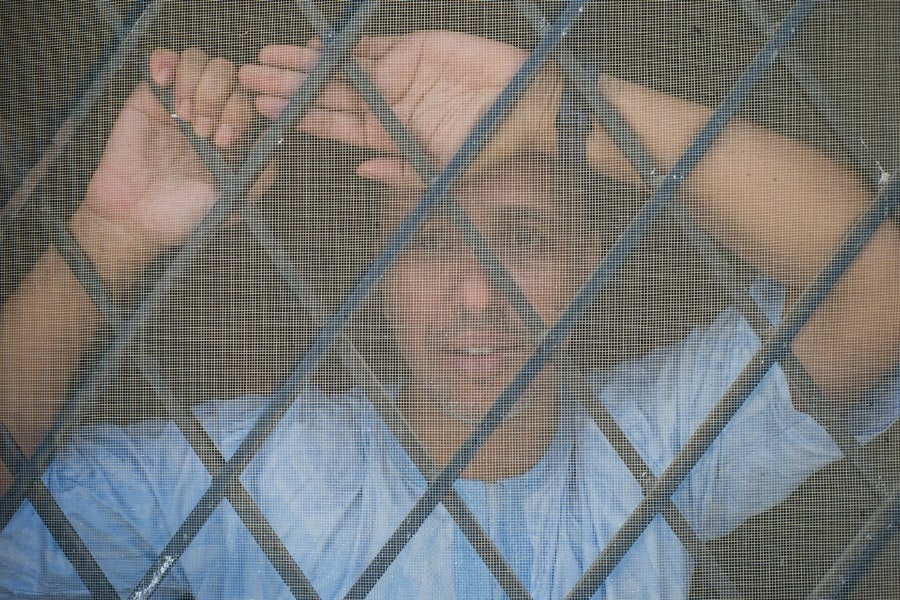
The legacy of America's post-9/11 turn to torture
For the US, the legacy of torture remains complex and multifaceted two decades after 9/11 led the George W. Bush administration to set aside legal and moral constraints in the name of national security
 Mohamedou Ould Slahi, who underwent brutal interrogations while he was held at Guantánamo Bay 15 years ago and exhibits signs of post-traumatic stress disorder, looks out a window of his home in Nouakchott, Mauritania, Aug. 16, 2021. Twenty years after the attacks, the U.S. is still grappling with the consequences of brutal interrogations carried out in the name of national security. (Btihal Remli/The New York Times)
Mohamedou Ould Slahi, who underwent brutal interrogations while he was held at Guantánamo Bay 15 years ago and exhibits signs of post-traumatic stress disorder, looks out a window of his home in Nouakchott, Mauritania, Aug. 16, 2021. Twenty years after the attacks, the U.S. is still grappling with the consequences of brutal interrogations carried out in the name of national security. (Btihal Remli/The New York Times)
NOUAKCHOTT, Mauritania — Mohamedou Ould Slahi is almost clinical as he recalls details of the torture he endured in the summer of 2003 at Guantánamo Bay.
There were the guards who menaced him with attack dogs and beat him so badly that they broke his ribs. The troops who shackled him, blasted him with heavy metal music and strobe lights, or drenched him in ice water to deny him sleep for months on end. The mind-numbing isolation in a darkened cell without his Quran. The female guards who exposed themselves and touched him sexually in an effort to undermine his adherence to Islam.
But what left Slahi in utter despair, he said, was the interrogator who tried to threaten him into acknowledging that he was complicit in plotting a terrorist attack.
“If you don’t admit to it, we are going to kidnap your mother, rape her,” the interrogator said, by Slahi’s account.
“I remember telling them: ‘This is unfair. This is not fair,’” Slahi recalled. The interrogator, he said, responded: “I’m not looking for justice. I’m looking to stop planes from hitting buildings in my country.”
©2019 New York Times News Service







